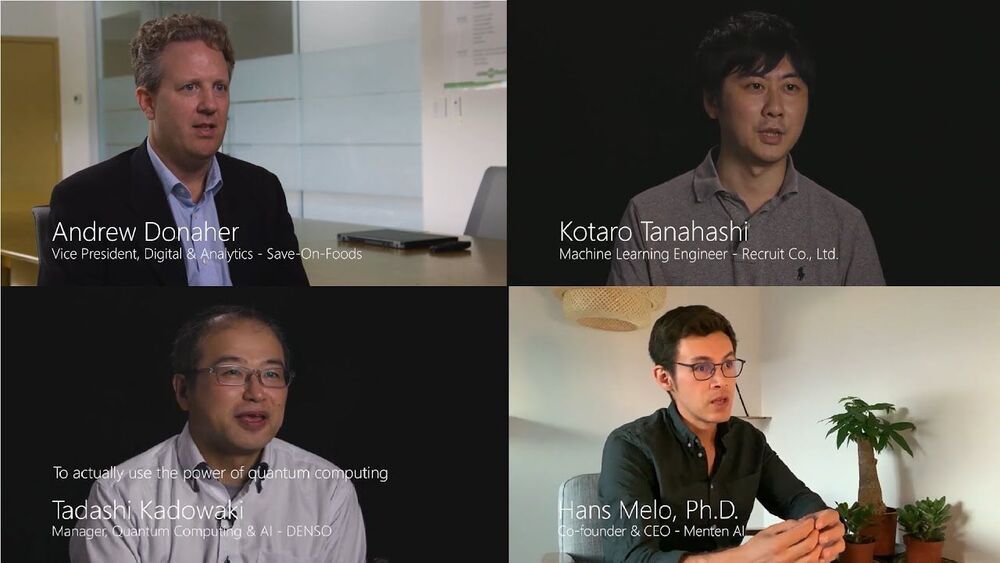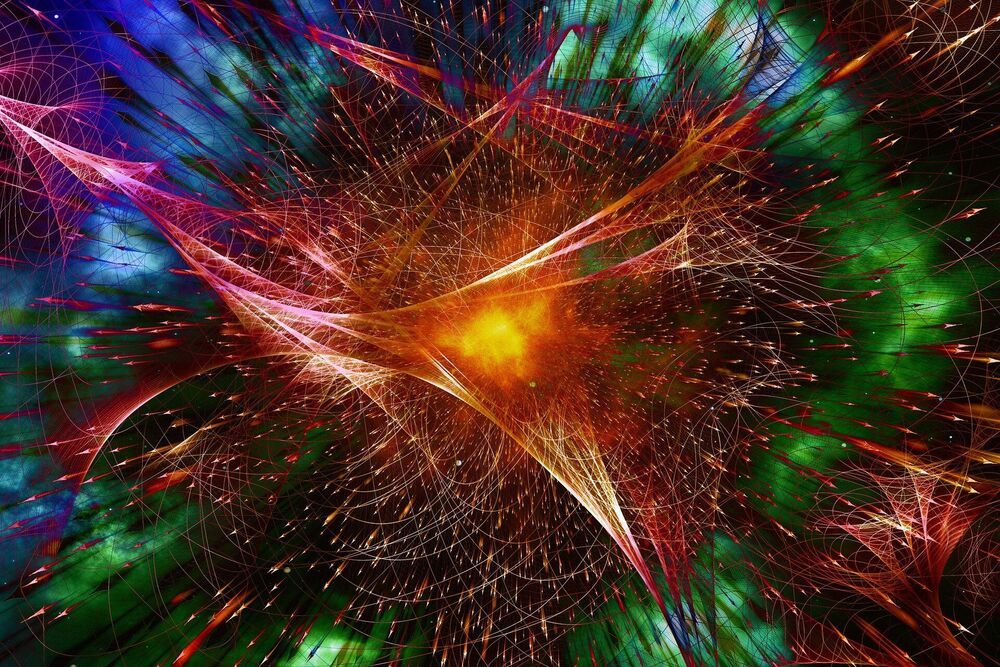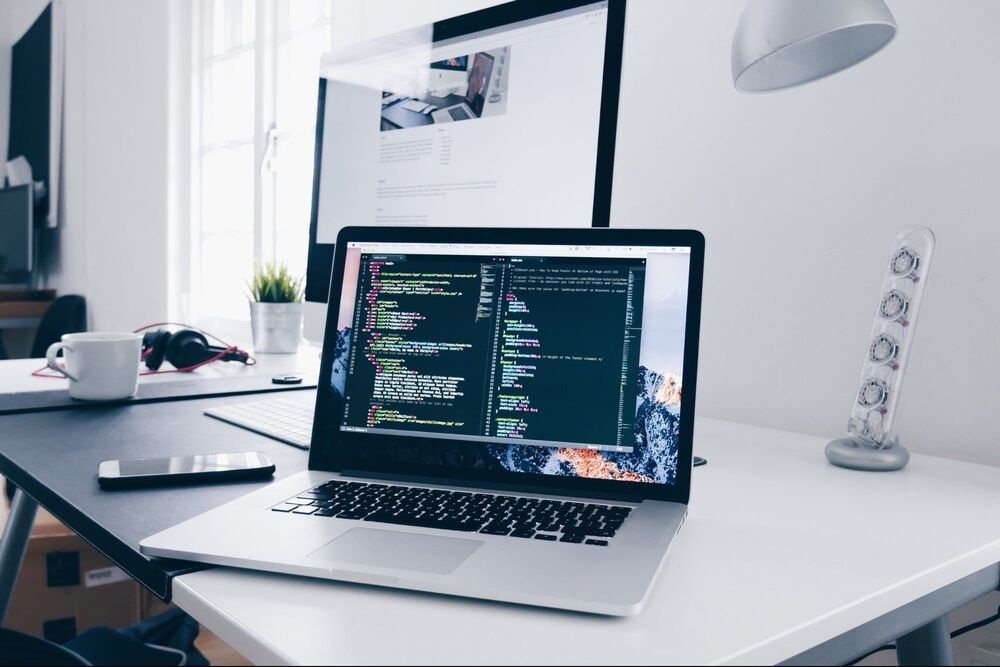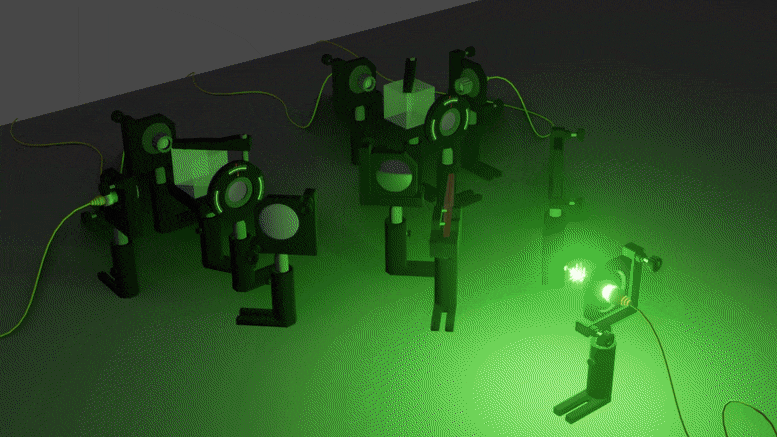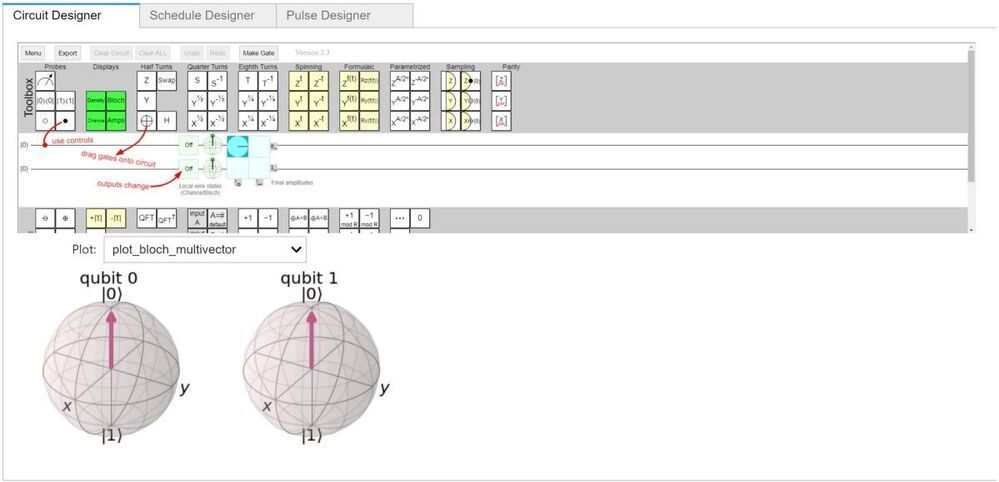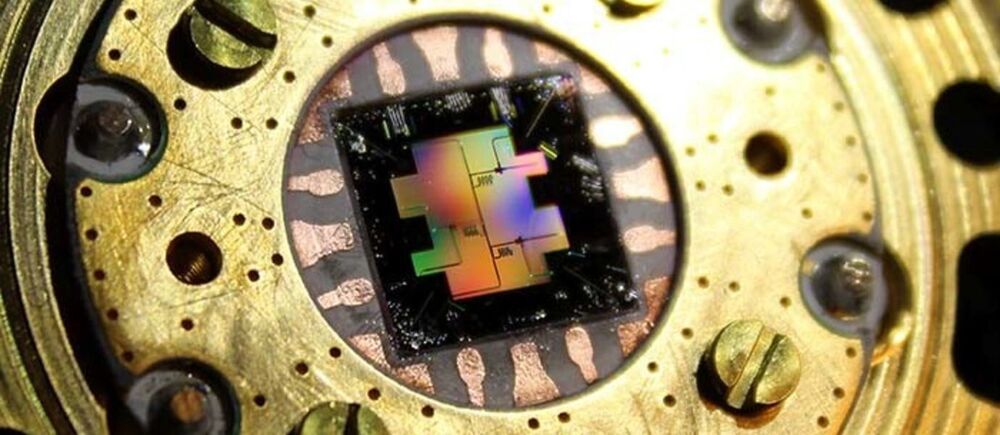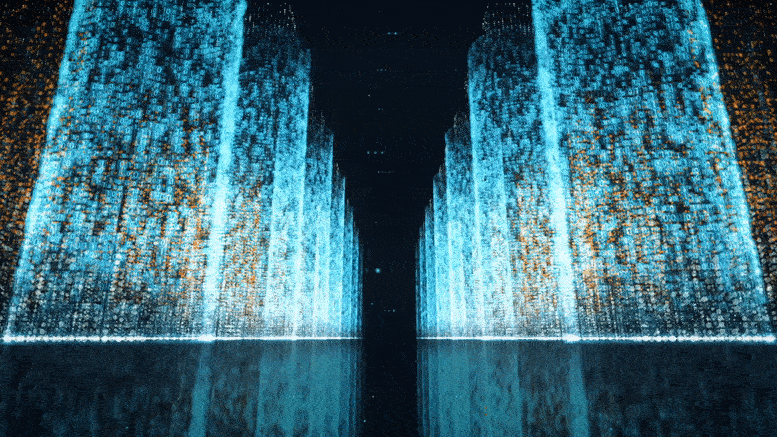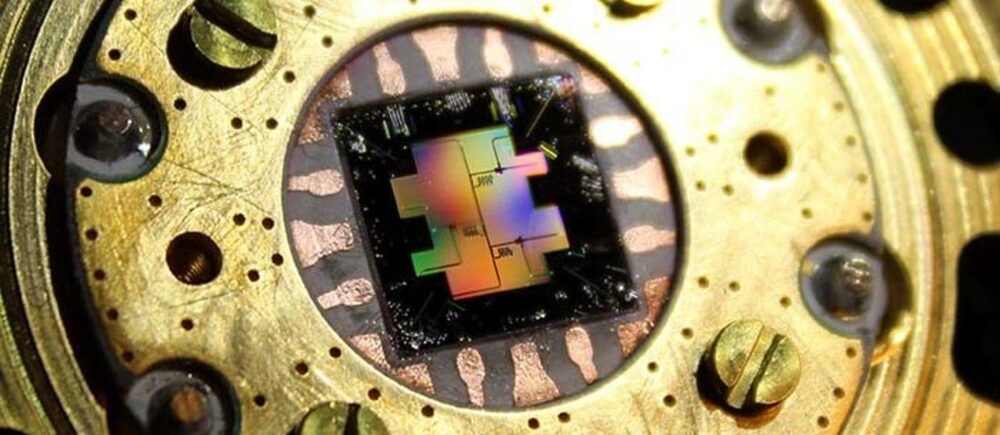Feb 18, 2021
D-Wave demonstrates performance advantage in quantum simulation of exotic magnetism
Posted by Genevieve Klien in categories: computing, quantum physics
D-Wave Systems Inc. today published a milestone study in collaboration with scientists at Google, demonstrating a computational performance advantage, increasing with both simulation size and problem hardness, to over 3 million times that of corresponding classical methods. Notably, this work was achieved on a practical application with real-world implications, simulating the topological phenomena behind the 2016 Nobel Prize in Physics. This performance advantage, exhibited in a complex quantum simulation of materials, is a meaningful step in the journey toward applications advantage in quantum computing.
